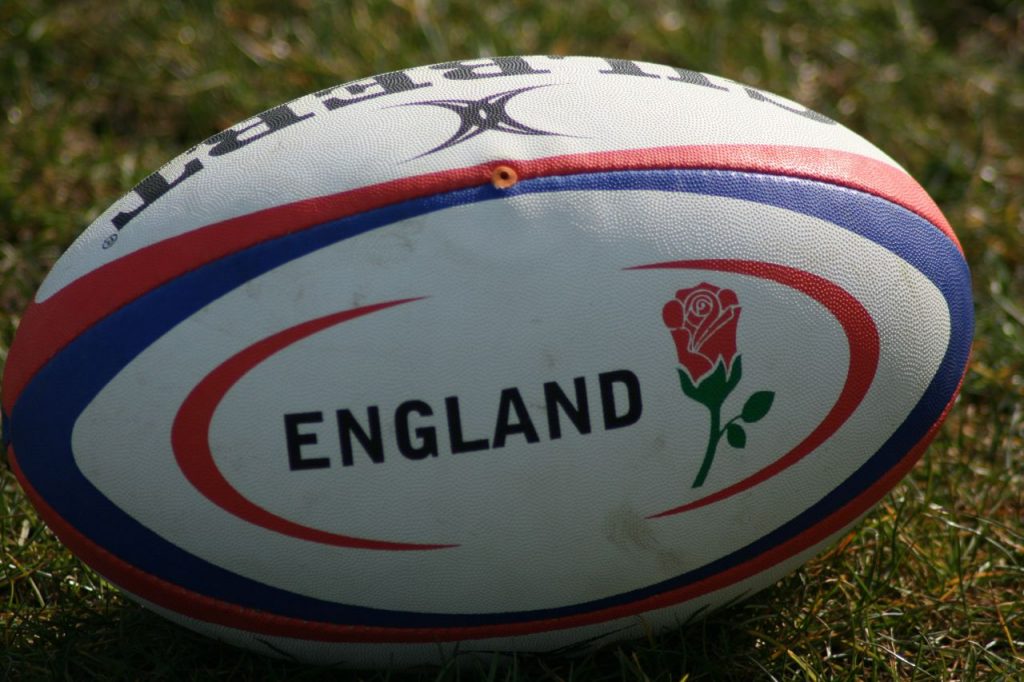
The Rugby World Cup concluded Saturday in a match between South Africa’s Springboks and England’s Lions. The Springboks dominated with a 32-12 victory over the English team. The tournament was held in Japan, the first time it was held in Asia and outside the traditional Tier 1 rugby nations.
The New Zealand All Blacks took third with a 40-17 victory over Wales. With the highest number of championship wins, the All Blacks were the favorites going into the tournament with 5-4 odds betting they would take the top spot.
Not only had the Springboks won only two championships, before this year’s final, they were the first team to win the title after having lost a match in the pool stage.
While many celebrated the Springbok’s victory, distaste surrounded England’s defeat. Several of the English players refused to wear their runner-up medals during the post-final celebrations in a poor display of sportsmanship, and multiple high-profile celebrities in England symbolically disowned the team.
Earlier in the tournament the English team was fined over $2,500 for crossing the halfway line during the All Black’s haka – a challenge posed by the New Zealand team by way of traditional dance before every game.
But this year’s Rugby World Cup news wasn’t all fixated on broken rules and poor sportsmanship.
The Springboks were led to victory by the team’s first black captain, Siya Kolisi. This is significant in light of the challenges faced by black people in South Africa, not only during Apartheid, but even today. Yet while the win was significant, the team’s coach, Rassie Erasmus, was adamant that no one should read too far into the symbolism. According to him, the win bought his country a few happy hours but nothing more than that.
England’s team was also compiled of noteworthy demographics. With 25 players in their squad of 32 being in their twenties, the English presented the youngest team to ever play in a World Cup final.
Globally, the sporting event spurred record numbers of TV viewers. Approximately 54.8 million viewers were recorded in Japan alone, and the final game saw 12.8 million TV viewers within England.
Ultimately, the Rugby World Cup saw enthusiasm from around the globe, a reality fitting for the third-largest sporting event in the world – behind only the FIFA World Cup and the Olympics – and the sport with the fastest-growing popularity in the United States.
